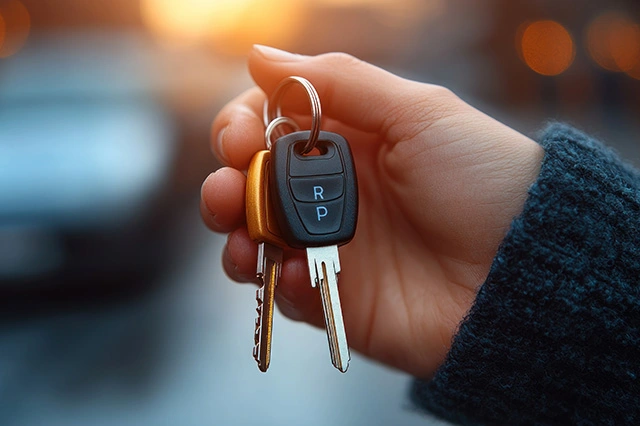There is a growing call for an increase in test fees for individuals who fail their driving test multiple times in the UK. This proposal aims to encourage better preparation and responsible driving behaviour among learner drivers, thereby improving road safety standards.
As the debate intensifies, it’s essential to understand the current landscape of driving tests, including the number of attempts it takes for drivers to pass, the average cost of driving tests, and the hours of driving tuition typically required. There are mixed views from ADI and driving instructors.
The Path to Passing the Driving Test
Passing the driving test in the UK is no small feat. According to the Driver and Vehicle Standards Agency (DVSA), the national average pass rate for the practical driving test hovers around 45-50%. This statistic indicates that nearly half of all candidates fail their test on the first attempt. On average, it takes learners approximately two to three attempts to pass the test.
Costs Involved in Driving Tests
The financial implications of multiple test attempts can be significant. As of 2024, the cost of a standard practical driving test for a car is £62 on weekdays and £75 on evenings, weekends, and bank holidays. For theory tests, the fee is £23. These costs can add up quickly, especially for those who need several attempts to pass.
The proposal to increase fees for multiple failures is designed to act as a deterrent against repeated, underprepared attempts. Advocates and driving instructors argue that higher fees would encourage learners to invest more in their preparation, ultimately leading to safer driving practices.
Hours of Driving Tuition
Driving tuition is another critical component of preparing for the test. The DVSA recommends that learners undertake at least 45 hours of professional driving lessons, complemented by 20 hours of private practice. This combination of formal instruction and practical experience is believed to provide the comprehensive skill set necessary for passing the test and becoming a safe driver.
However, the reality is that many learners do not adhere to these guidelines. Financial constraints, time limitations, and overconfidence often result in insufficient practice, contributing to the high number of test failures. By increasing the fees for multiple test attempts, proponents hope to motivate learners to complete the recommended amount of tuition.
The Debate
Supporters of the proposed fee increase argue that it would lead to better-prepared drivers, reducing the likelihood of accidents caused by inexperienced or inadequately trained motorists. Higher fees for multiple failures could also reduce the strain on the DVSA, which handles a substantial number of test bookings and retakes.
Critics, however, contend that such measures could disproportionately affect those from lower-income backgrounds, making it even more challenging for them to obtain a driving license. They argue that instead of penalizing learners financially, the focus should be on improving access to affordable driving lessons and resources.
Conclusion
The proposal to increase test fees for multiple driving test failures in the UK is a contentious issue with valid arguments on both sides. While the aim is to improve road safety and ensure that learners are better prepared, it is crucial to consider the financial implications for all demographics. Balancing these concerns will be key to any successful implementation of policy changes in the driving test system.
As the debate continues, it is clear that any measures taken must be carefully considered and designed to support learner drivers in becoming competent and confident on the road, ensuring safety for all.







